All items are imported
According to statistics from the Vietnam Steel Association (VSA), in the first 5 months of 2023, the volume of steel products imported from various countries into Vietnam reached more than 5 million tons; of which steel from China reached 2.65 million tons, accounting for more than 52% of total imported steel output.
Notably, in March 2023, the amount of steel imported from China increased by 146% over the same period last year.
Data from the General Department of Vietnam Customs also recorded that in 2022, Vietnam imported about 11.679 million tons of finished steel products of all kinds, worth more than 11.92 billion USD.
“Steel demand has not recovered because the Chinese housing market has not shown any signs of warming up, and the number of new houses built has continuously decreased. Therefore, steel exports continue to be an important part of consuming excess production in China. It is expected that the country's steel exports will continue to be high in 2023. This will put pressure on the Vietnamese steel industry,” said a representative of a steel company.
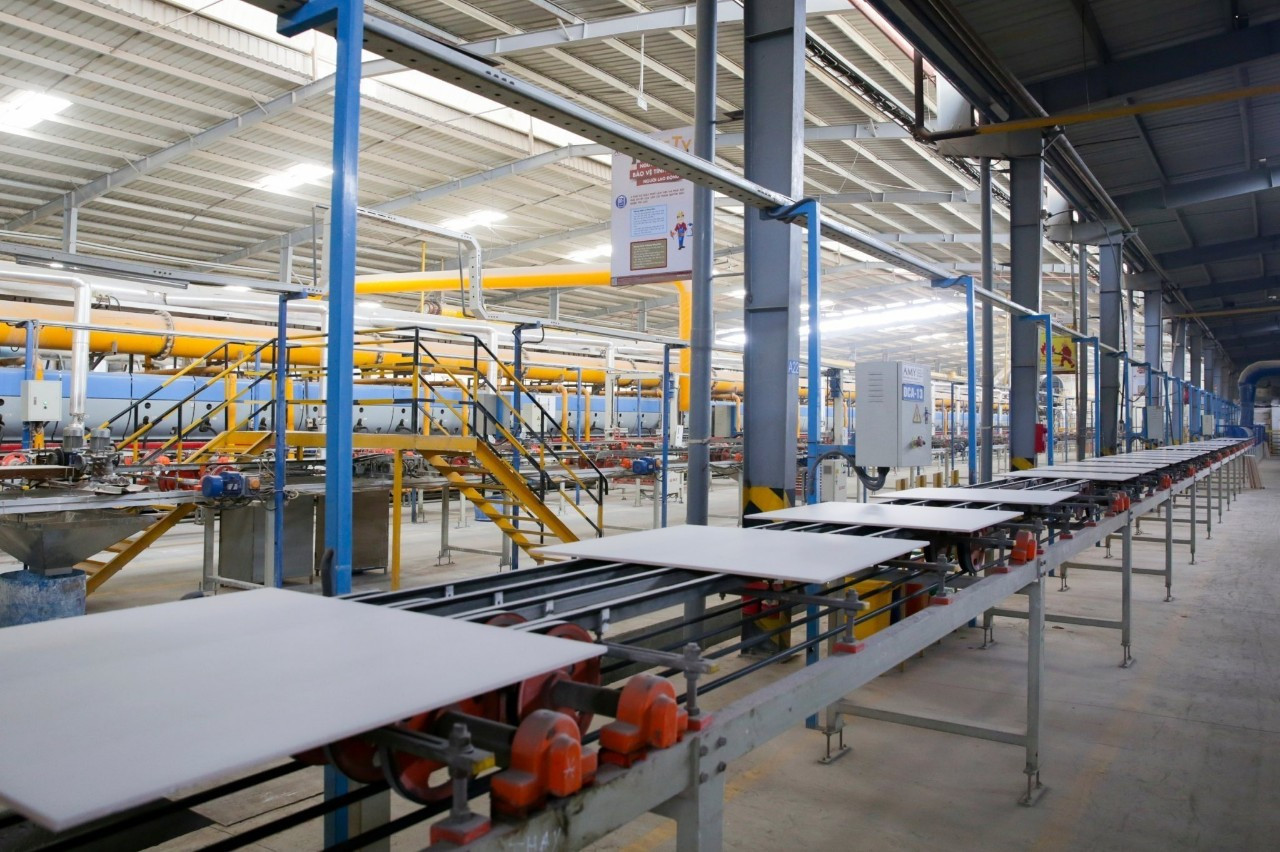
Meanwhile, almost all steel products imported into Vietnam have an import tax of 0% (except for reinforced concrete steel). Furthermore, trade defense measures, such as safeguard measures on steel billets, have been removed; other steel products such as galvanized steel, color-coated steel, steel pipes, prestressed steel, etc. are not subject to any trade defense measures.
A company estimates that the influx of imported steel could cause the Vietnamese steel industry to lose jobs for about 40,000 workers. Tens of billions of dollars are spent on steel imports each year, while domestic products cannot be sold.
Steel is not the only product being imported massively into Vietnam, putting great pressure on the domestic steel industry. Vietnam’s tile manufacturing industry is also being seriously threatened by the influx of cheap, unstable quality Indian goods. The fear of the market falling into the hands of Indian importers is greater than ever, putting many domestic businesses in a difficult position.
Businesses all agree that Vietnam's tile manufacturing industry will be seriously threatened and will not be able to develop if we do not urgently find a solution to prevent tiles imported from India.
Looking at annual import figures, it can be seen that domestic goods are under terrible pressure from foreign goods.
The 2022 import-export report of the Ministry of Industry and Trade shows that Vietnam spends tens of billions of USD to import goods from foreign countries, from industrial products to agricultural products.
Lack of technical barriers to protect domestic goods
In a conversation with reporters about the pressure from Indian tiles, Mr. Tran Tuan Dai, Vice Chairman of the Board of Directors and Deputy General Director of AMY GRUPO, pointed out that part of the reason is that although Vietnam has technical barriers, they are very simple when only evaluating sample products. As long as the sample products meet the requirements, they can be imported.
Therefore, tile manufacturers recommend establishing technical barriers according to international standards to prevent poor quality imports, protect the domestic market and protect consumer rights.
Domestic cashew producers, facing concerns from imported goods, have repeatedly called for help.
According to the Vietnam Cashew Association, Vietnam used to export to India. But to protect domestic products, this country imposed a 25% import tax on cashew nuts, so no more containers of cashews could be exported. Meanwhile, Vietnam has no protection for domestic production.
Faced with this reality, the association urgently proposed to study the solution of imposing an import tax on cashew nuts at 25%, similar to what India has done with Vietnamese cashews, to prevent a gloomy future for the domestic cashew industry.
The Poultry Association also recommended that the Government promptly issue a document banning the import of meat products from countries that use growth stimulants such as Ractopamine and Cysteamine. At the same time, it recommended that ministries and sectors immediately implement non-tariff measures to protect production and consumer health, such as building reasonable technical barriers in accordance with international practices.
A representative of a steel corporation said that countries around the world are increasing the application of technical barriers and trade defense measures to protect domestic production.
Specifically, technical barriers are clearly applied in Thailand, Indonesia, Malaysia, Korea, India, etc. Products exported to these countries require a certificate of compliance with the quality standards of the importing country. The purpose of this license is to prevent the import of poor quality products and strengthen the control of imported steel.
Therefore, steel enterprises recommend that the Government, the Ministry of Industry and Trade and relevant ministries consider developing processes and procedures for inspecting steel imported into Vietnam. Foreign steel must have a certificate of compliance with Vietnamese quality standards to license imported goods. At the same time, it is proposed to strengthen investigations and apply appropriate trade defense measures to steel products.
According to current regulations in Vietnam, steel is not a group 2 product that causes safety problems, so importers only need to declare the applicable standards. However, in other countries in the world (Thailand, Malaysia, Korea, Australia, India,...), steel and many other products that that country produces have technical barrier policies applied as group 2 products in Vietnam.
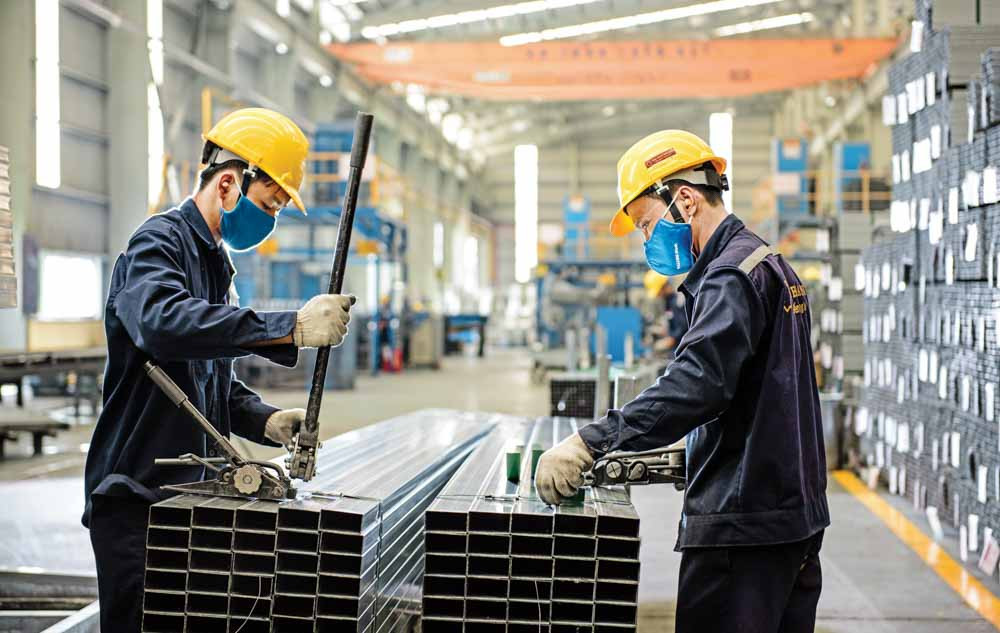
Minister of Industry and Trade Nguyen Hong Dien, speaking at the conference “Removing difficulties in production and business and promoting exports” in April, also said that major countries are tending to raise technical barriers such as clean energy conversion, low-carbon production, global minimum tax...
This trend sets new rules of the game and is an unequal race with countries that are still facing many difficulties like Vietnam. Therefore, Vietnam also needs to study technical barriers so as not to violate commitments in free trade agreements but still support domestic production well.
“To do this, the insiders themselves, each association and each enterprise, need to grasp the policies of the countries and contribute opinions to the Ministry of Industry and Trade, from which they can react and propose policies to the Government,” the Ministry leader noted.
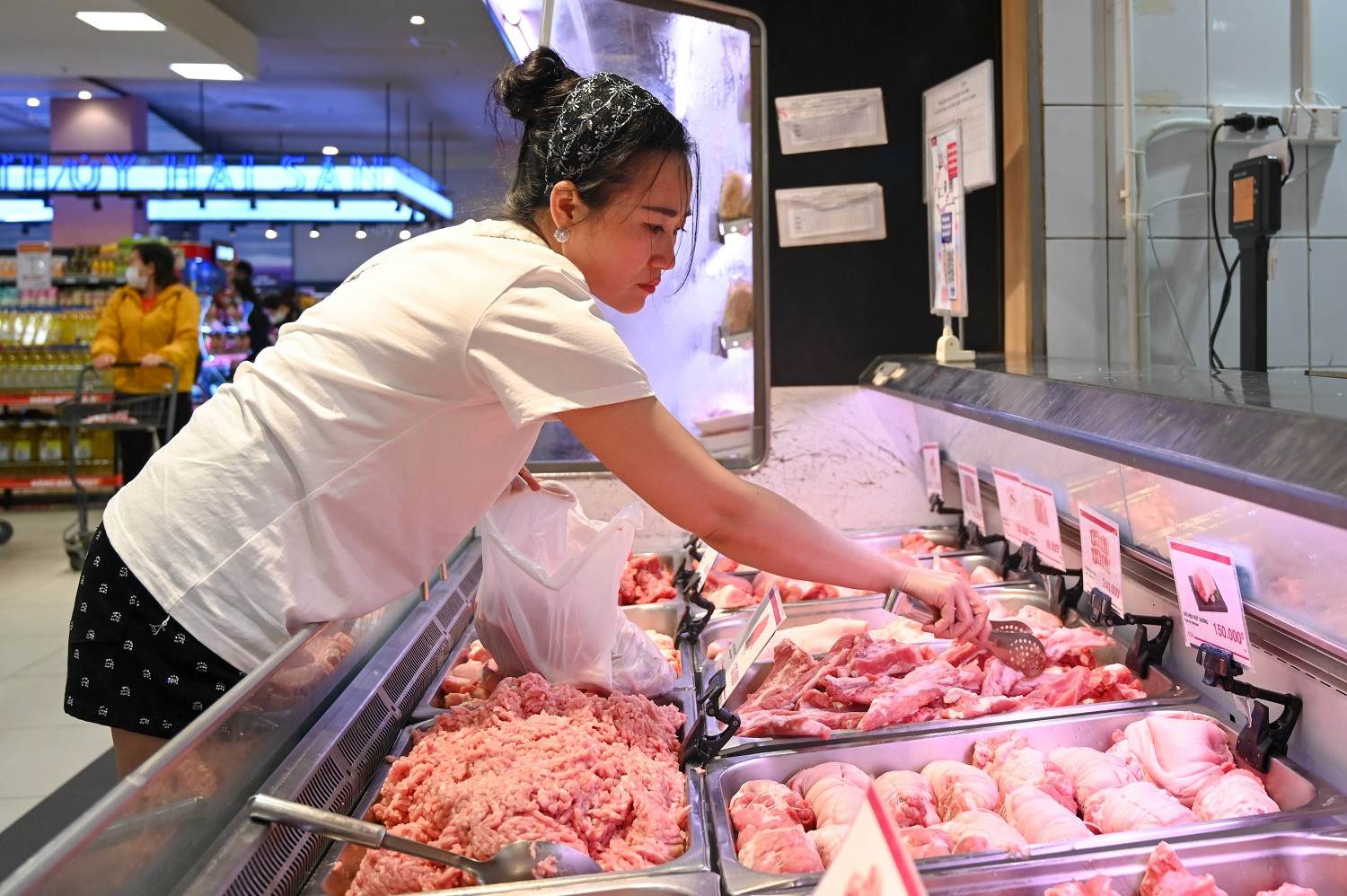
Source



![[Photo] Bustling construction at key national traffic construction sites](https://vstatic.vietnam.vn/vietnam/resource/IMAGE/2025/5/2/a99d56a8d6774aeab19bfccd372dc3e9)

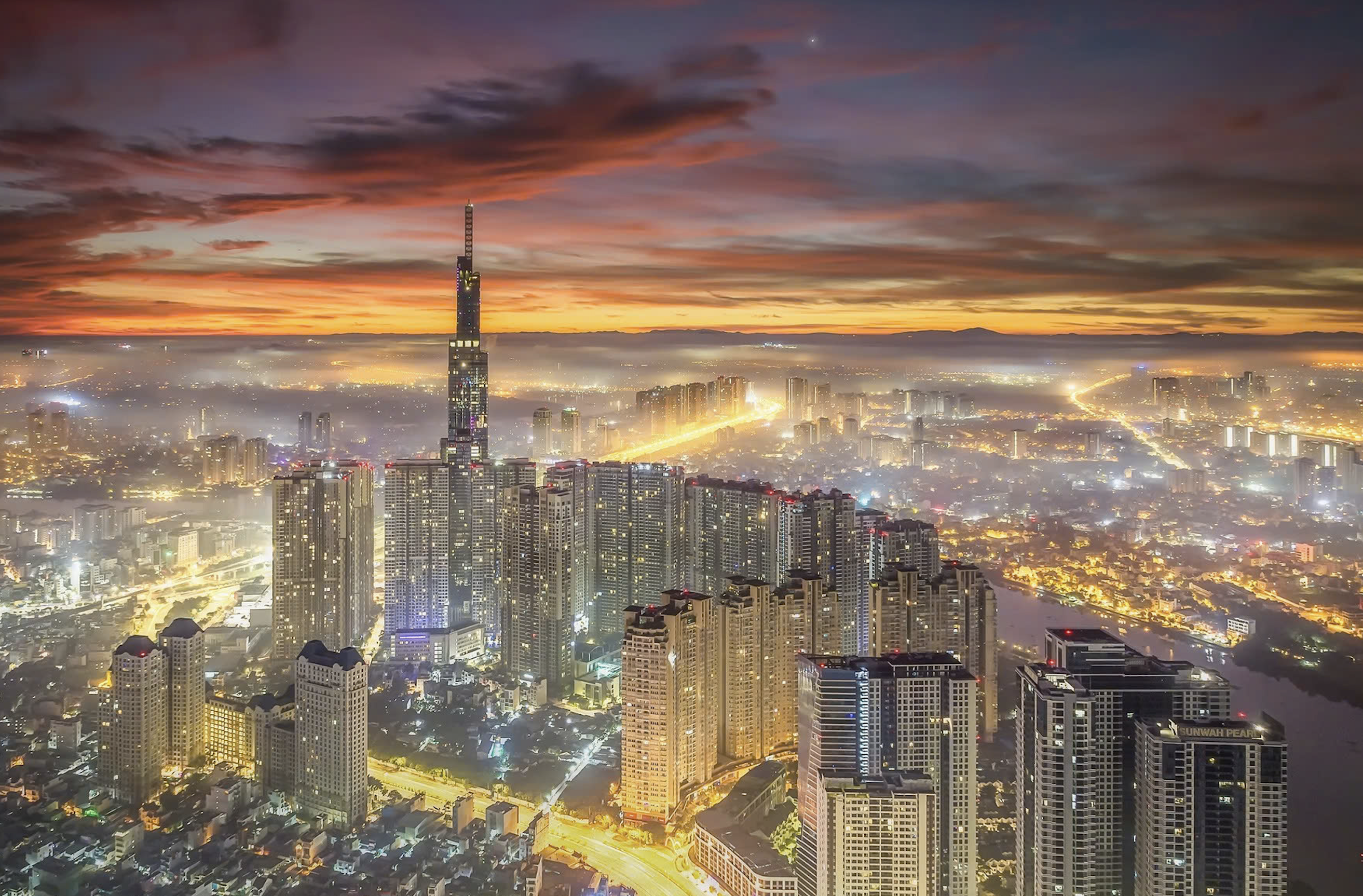




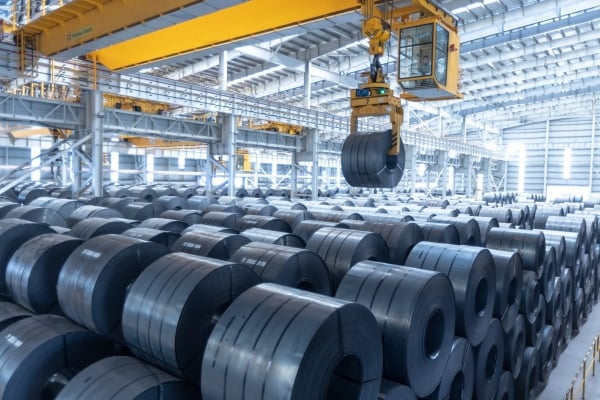
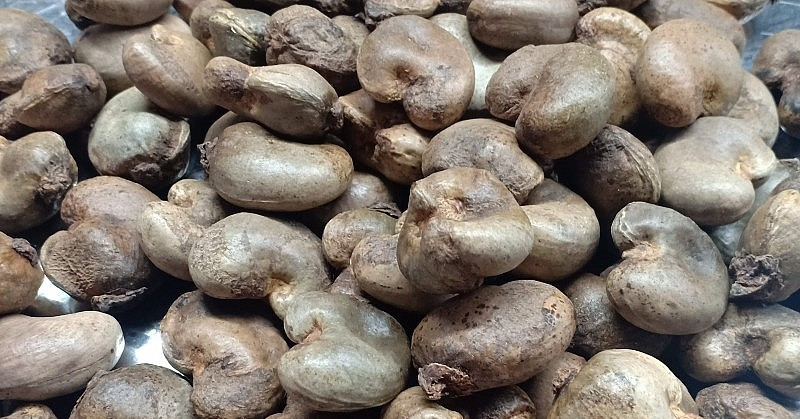
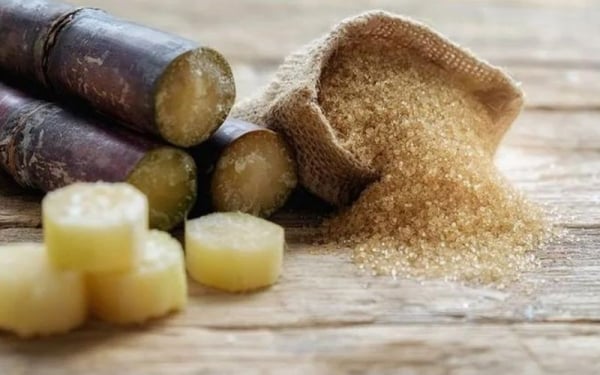
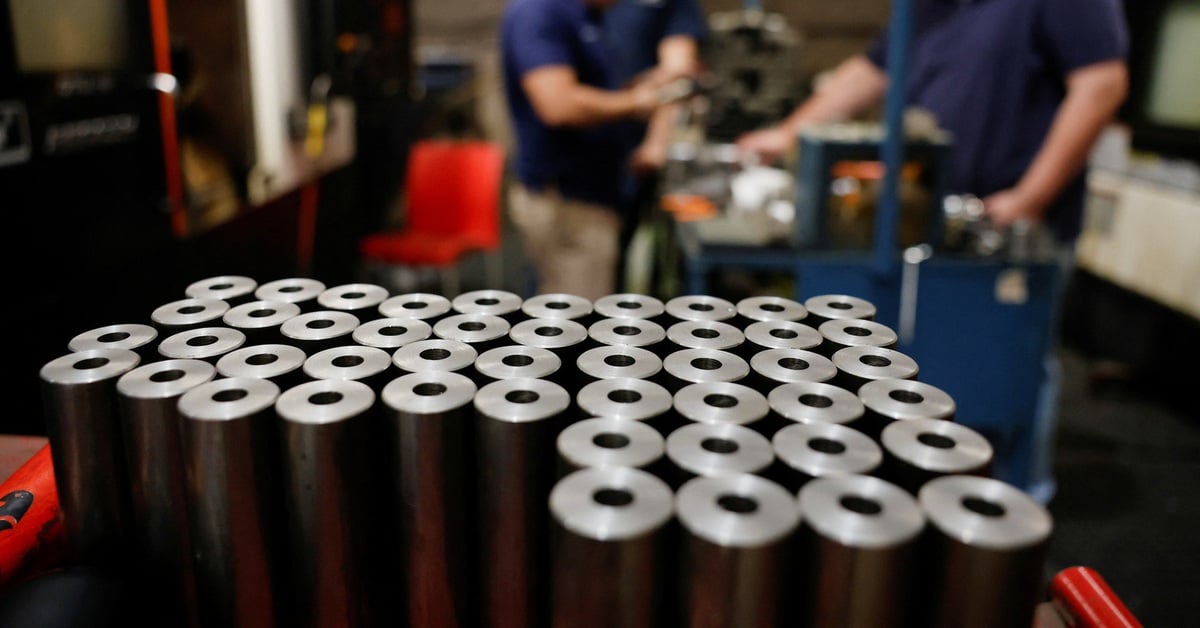

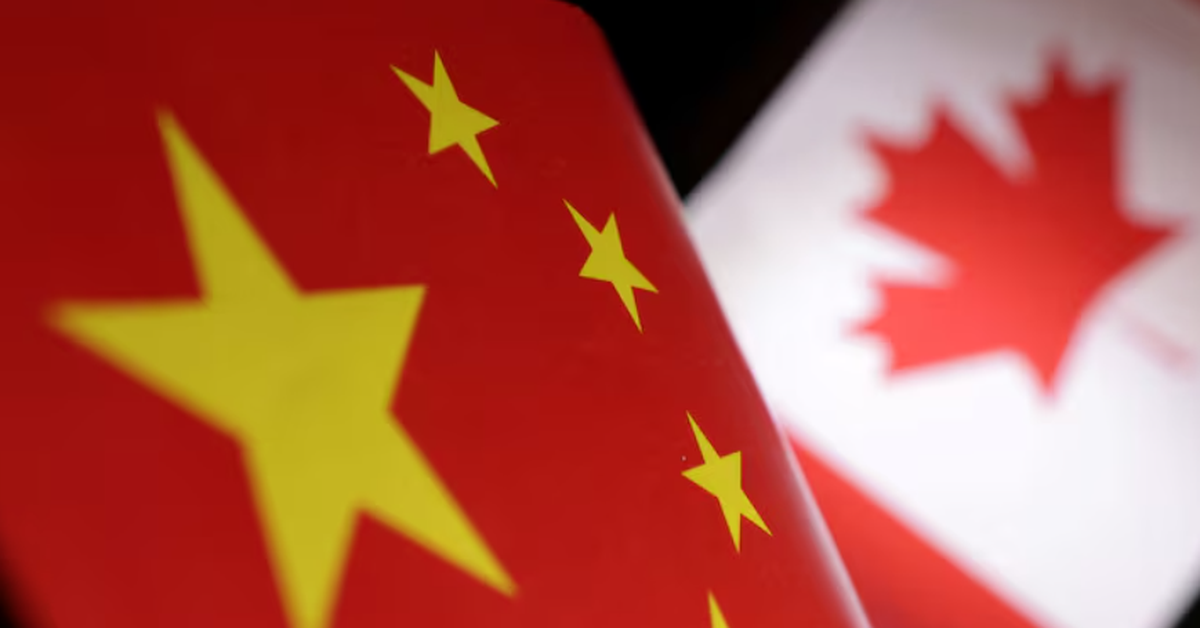
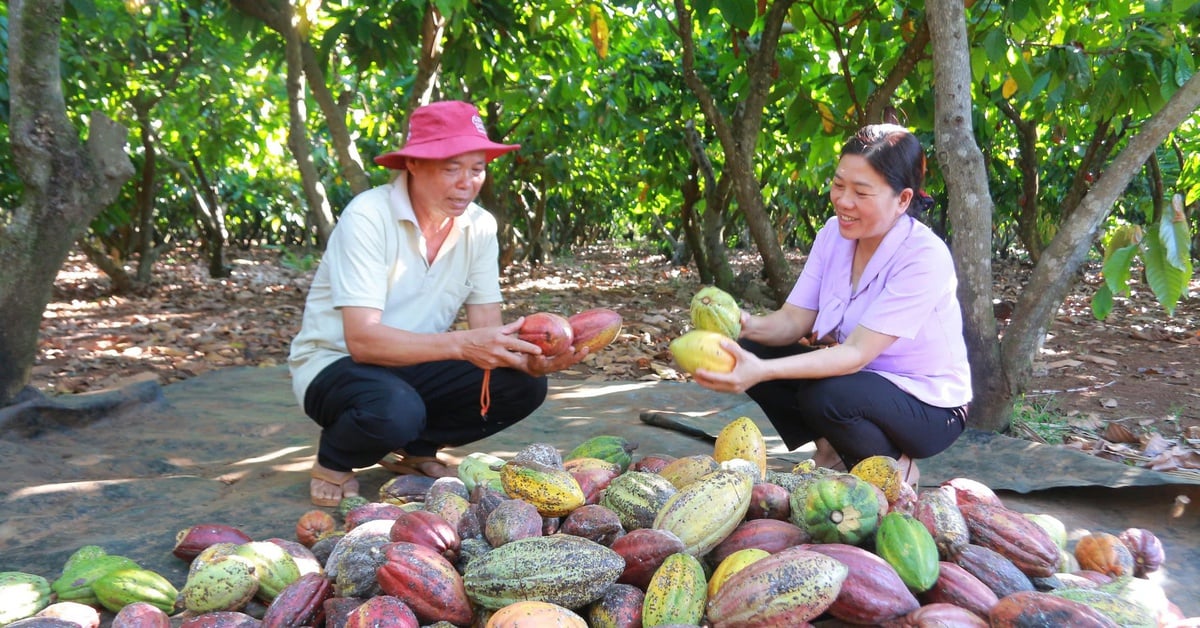
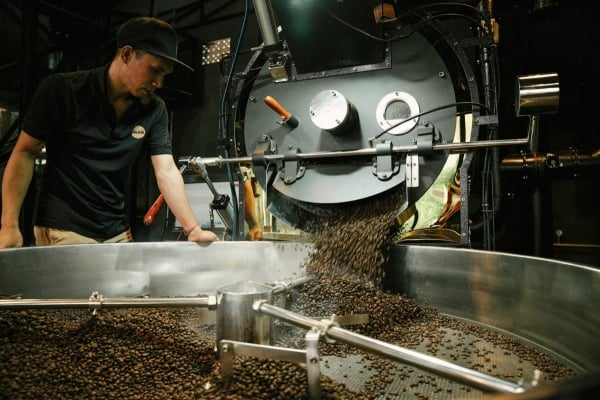
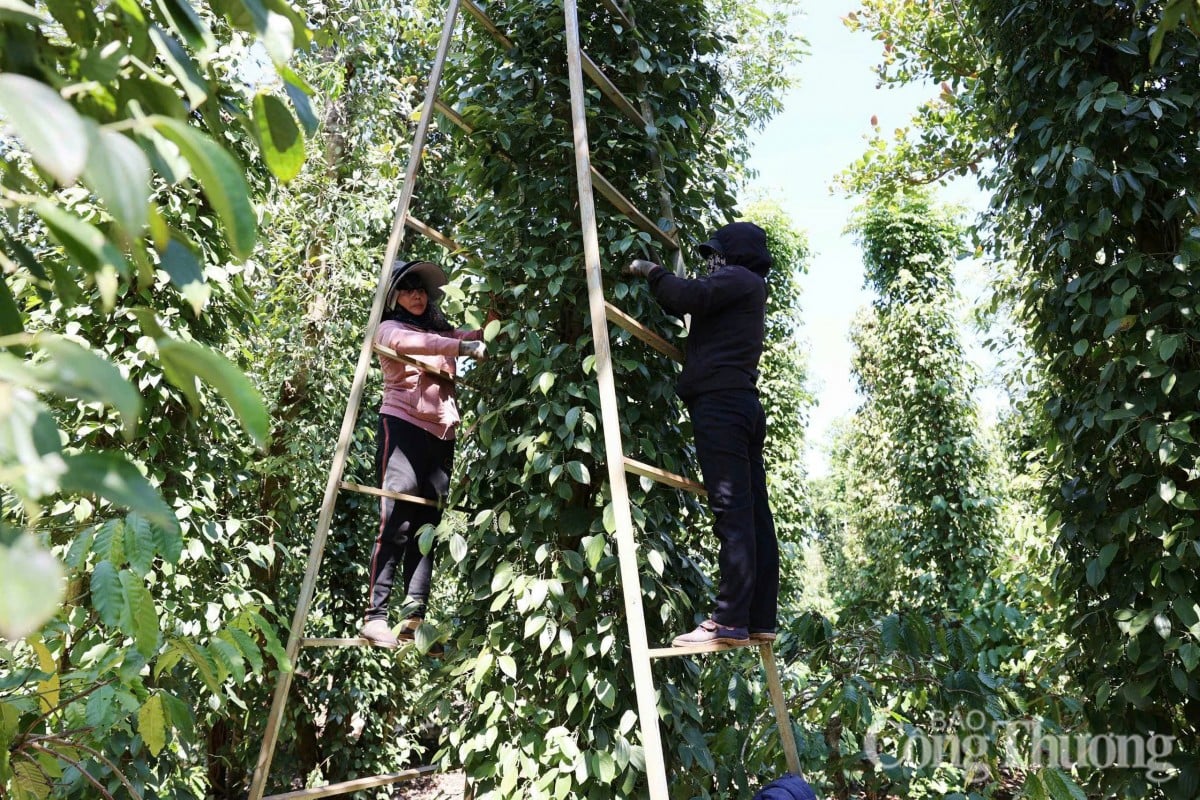
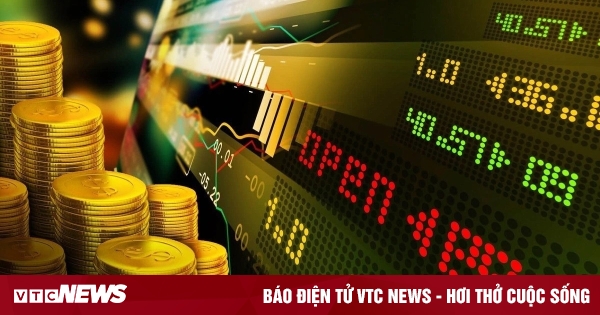
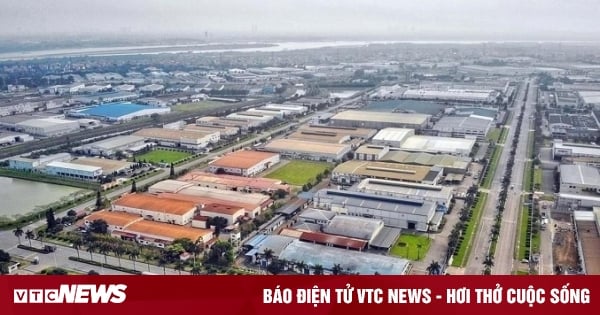



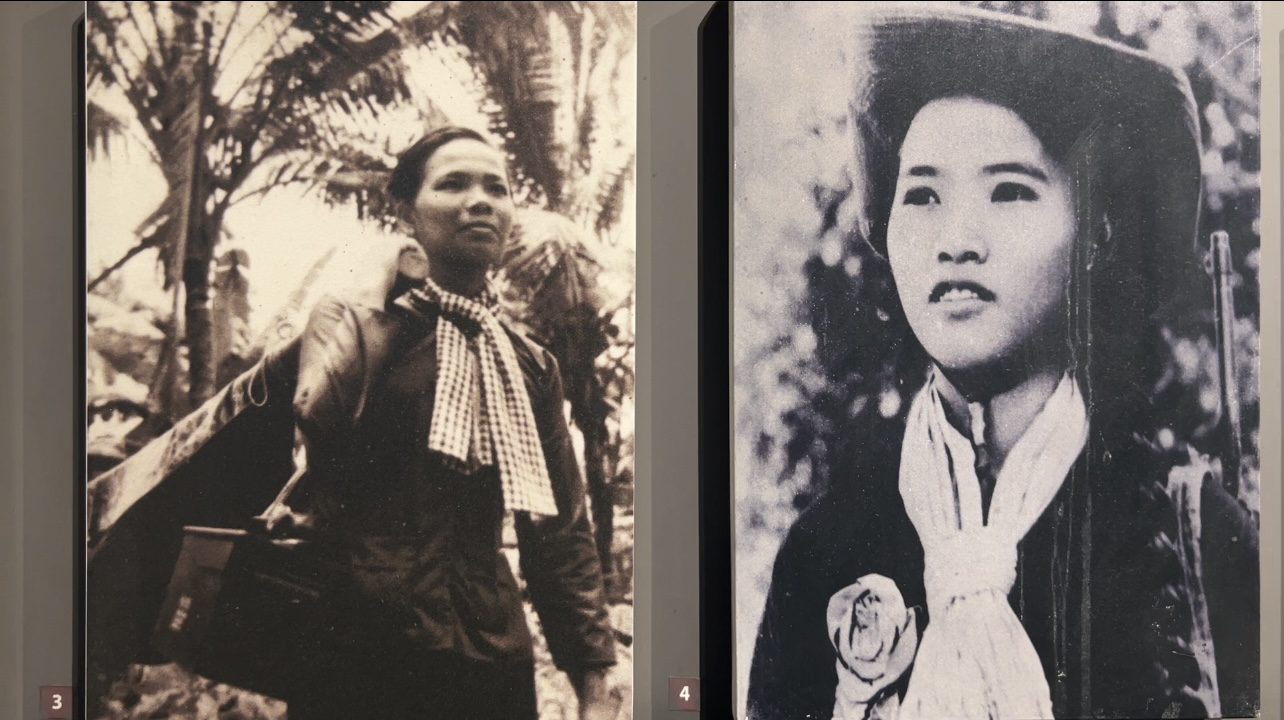


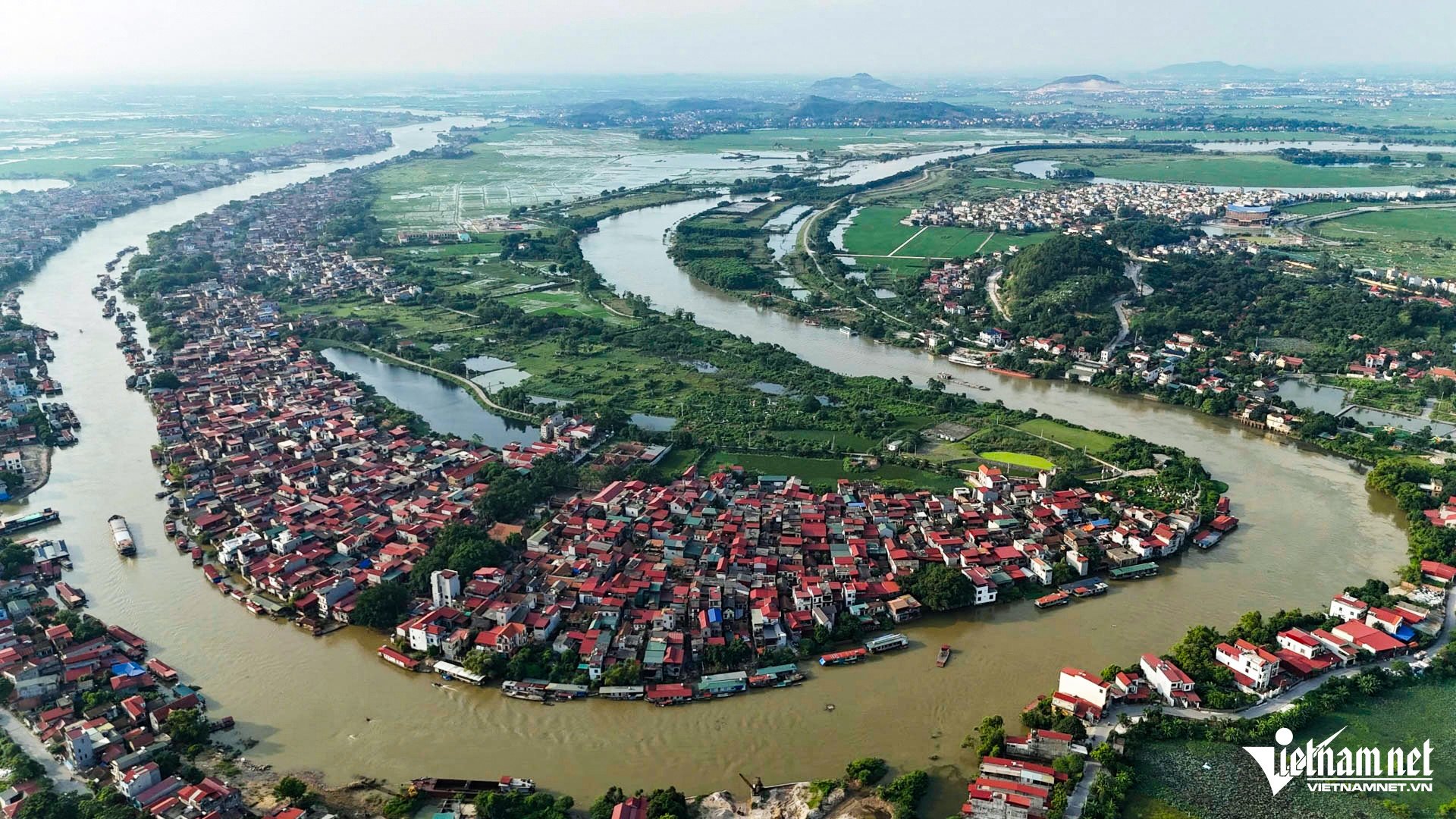


![[Photo] Binh Thuan organizes many special festivals on the occasion of April 30 and May 1](https://vstatic.vietnam.vn/vietnam/resource/IMAGE/2025/5/1/5180af1d979642468ef6a3a9755d8d51)
![[Photo] "Lovely" moments on the 30/4 holiday](https://vstatic.vietnam.vn/vietnam/resource/IMAGE/2025/5/1/26d5d698f36b498287397db9e2f9d16c)
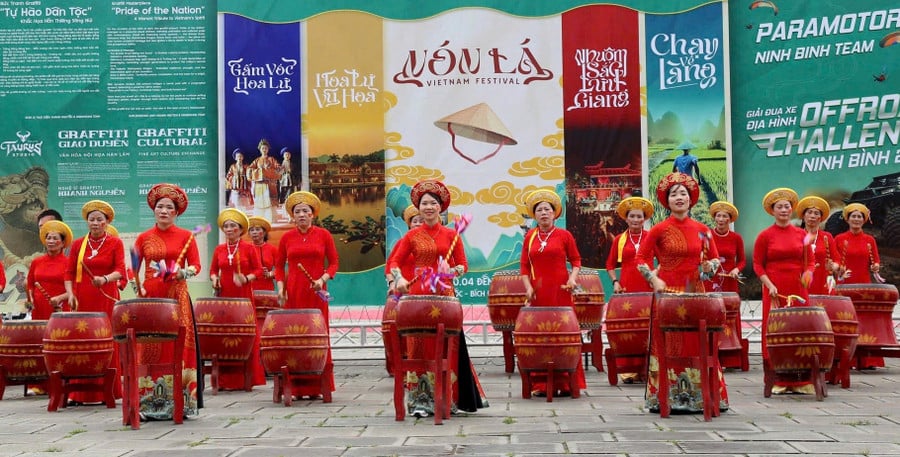

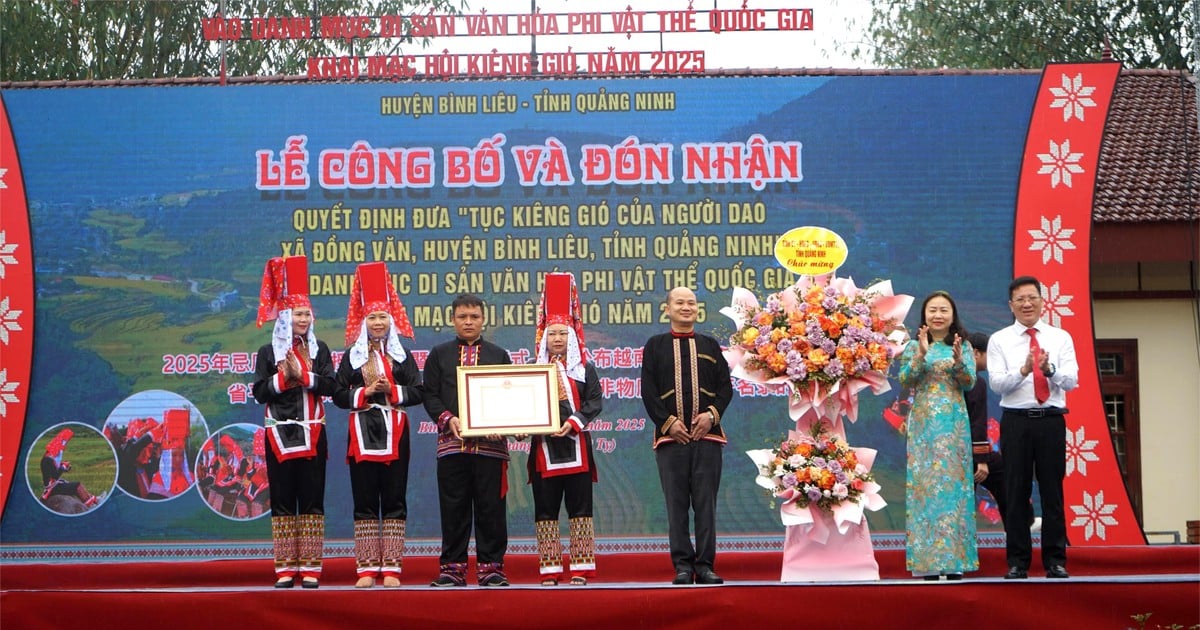





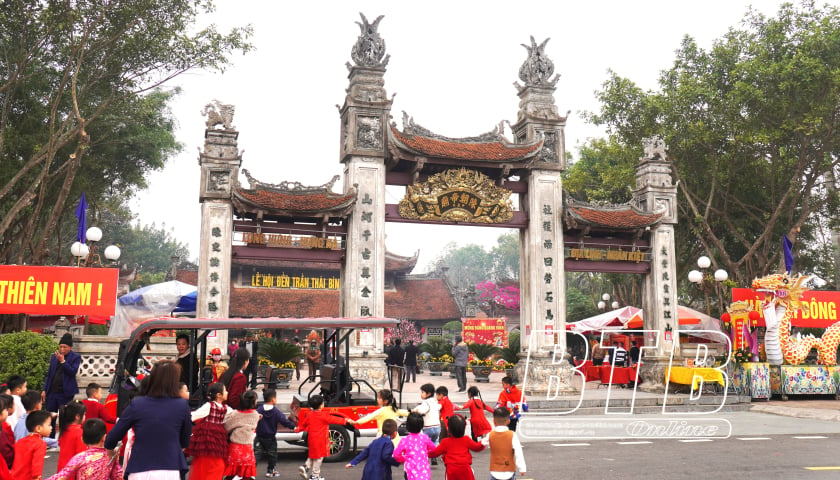



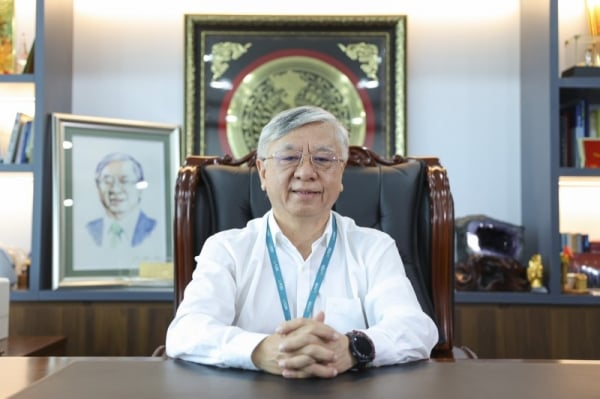






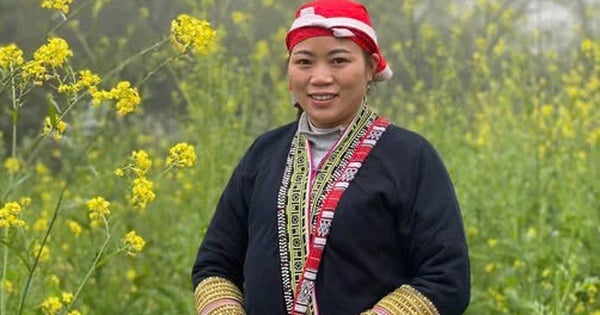














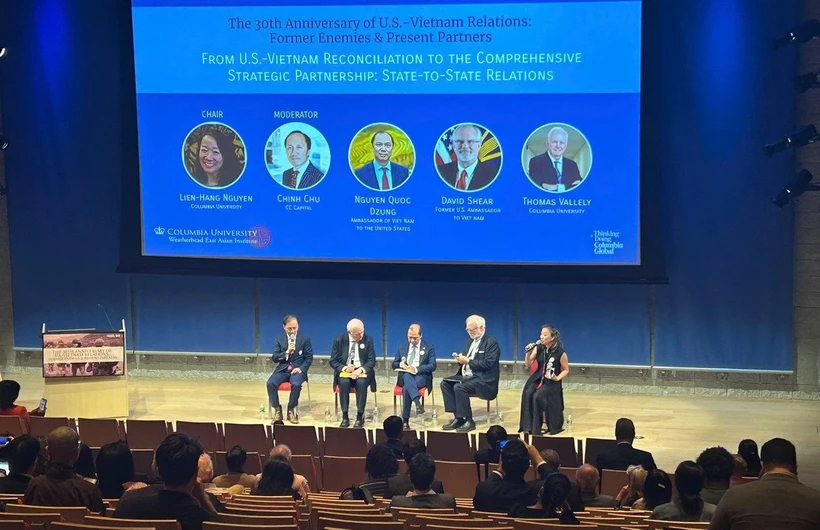
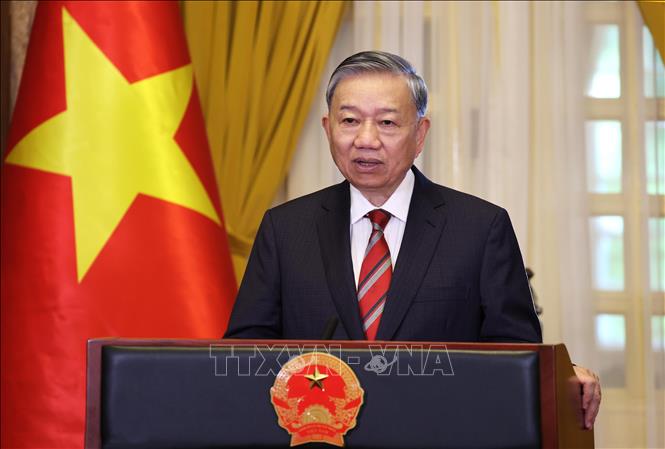
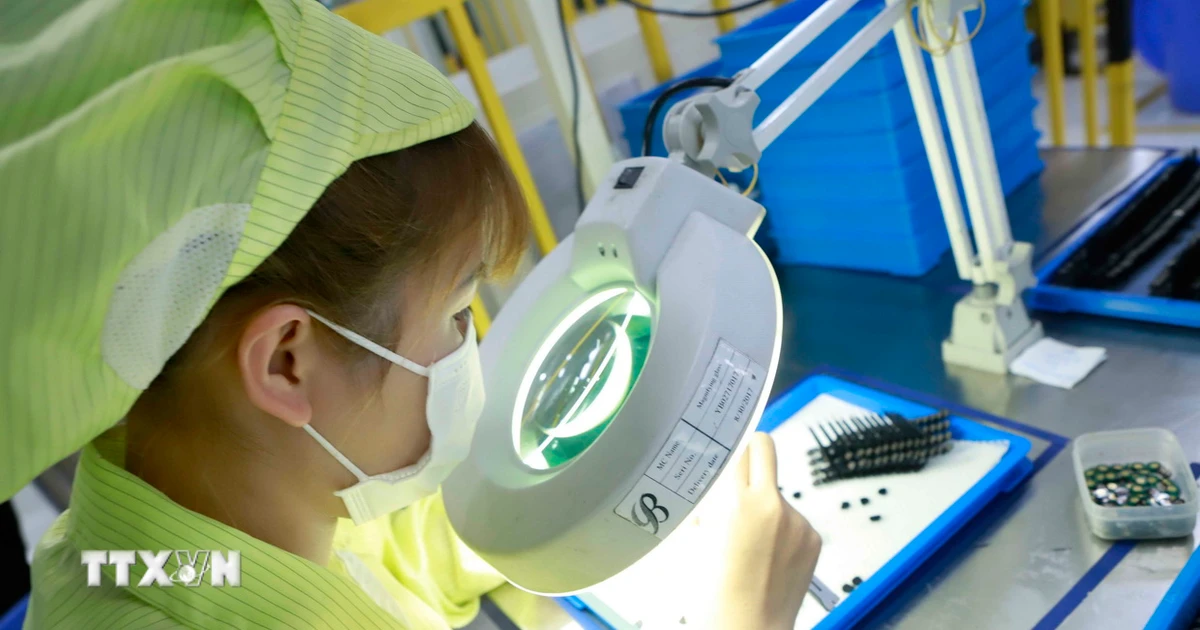









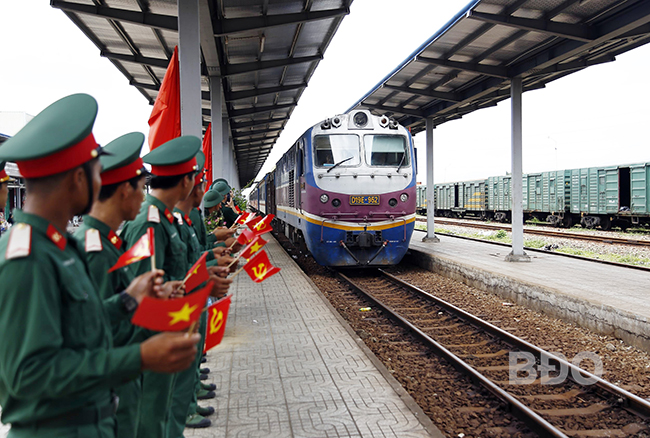

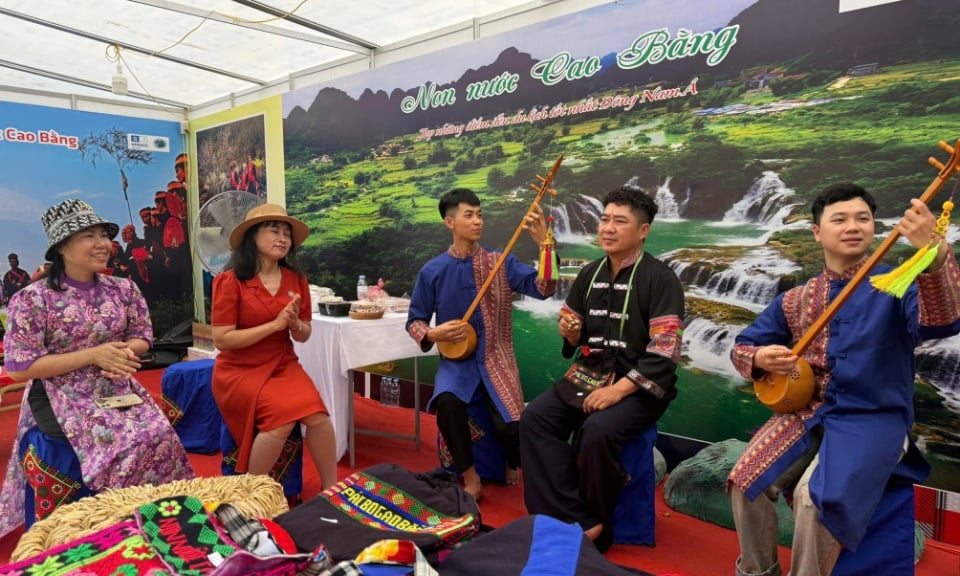

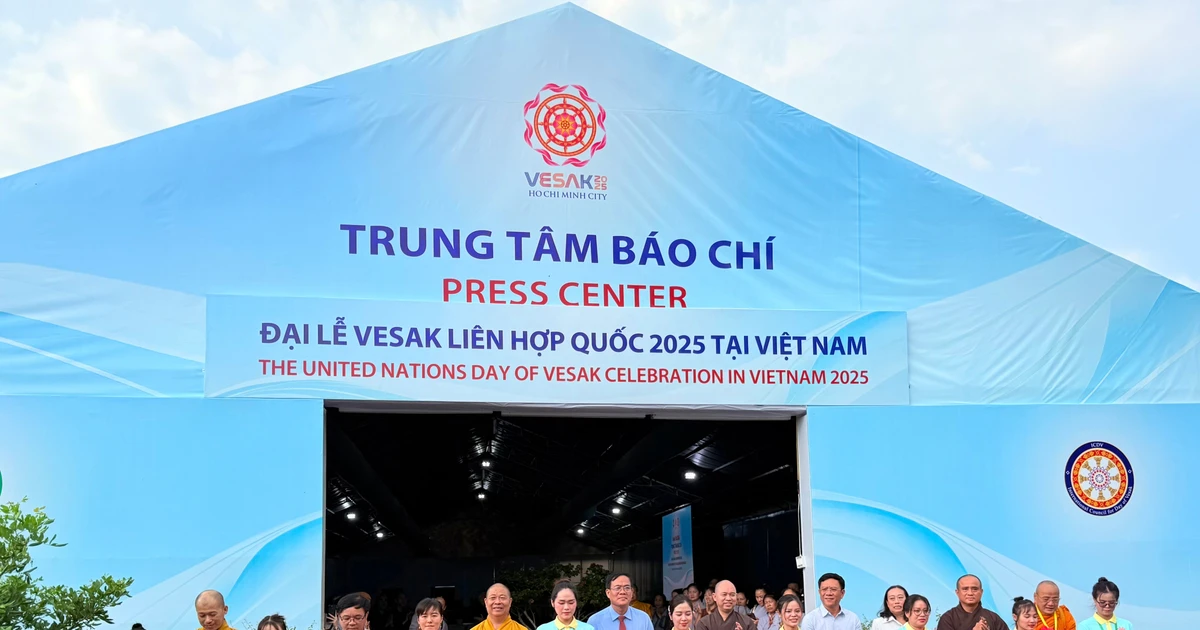

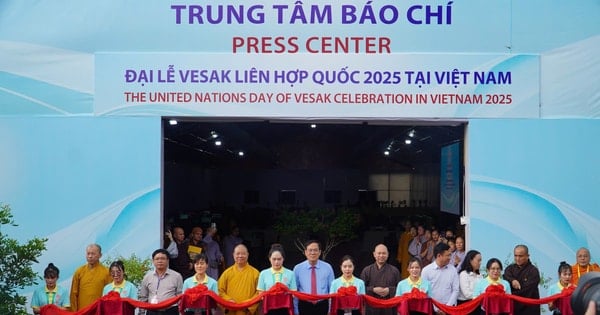





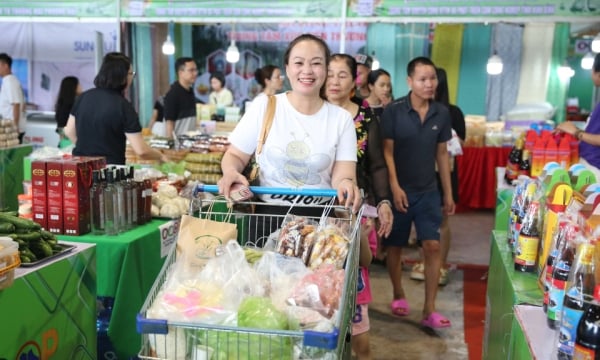

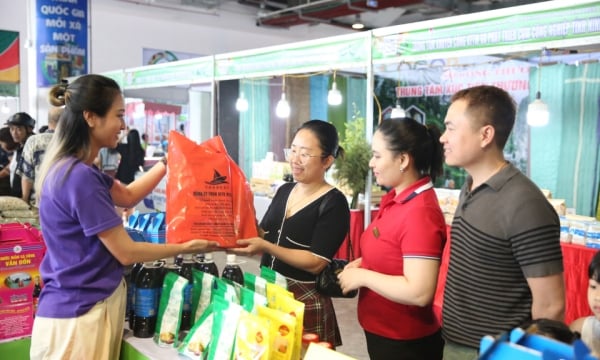



Comment (0)